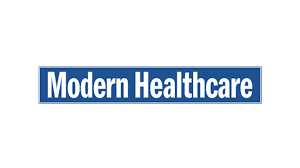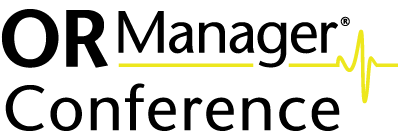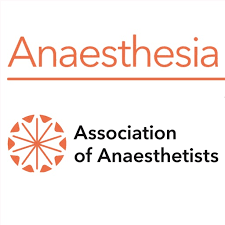
Editor's Note A quality improvement protocol at the University of Colorado Anschutz Medical campus resulted in a 48.8% decrease in the number of pediatric urology patients returning to the emergency department (ED) unnecessarily within 30 days of surgery. According to a December 2 university report, the initiative has significantly reduced…

Editor's Note Health systems across the US are reimagining their infrastructure by heavily investing in outpatient care and repurposing hospital spaces to meet growing demands for mental health and rehabilitation services, Modern Healthcare December 2 reports. This shift reflects a broader trend toward community-based care and aligns with advancements in…

Editor's Note Neeraja Kikkeri, DDS, CEO of North Texas Team Care Surgery Center, drew on her unique perspective as a mother of five to guide her leadership in the demanding field of ambulatory surgery center (ASC) management. On November 14, she shared with D Magazine five strategies for fostering a…

Editor's Note The Centers for Medicare & Medicaid Services (CMS) issued its final rule for the 2025 calendar year, updating payment systems and quality reporting requirements across healthcare settings, JD Supra November 19 reports. Effective January 1, 2025, the rule outlines significant changes to Medicare payments and conditions for participation…

Think of that colleague you would not miss if they called out sick. You may be short-staffed, but you know you are going to have a better shift without their chronic complaining, drama, and lack of productivity sucking all the energy and joy out of the department. Tolerated for too…

Editor's Note A recent study presented at the American Society of Anesthesiologists’ 2024 meeting reveals that a computerized mental health assessment, KCAT, may effectively identify anxiety and depression in pediatric surgical patients. According to an October 20 report in Anesthesiology News, the single-center pilot study involved 65 children aged 7…

Editor's Note In this panel discussion, Cindy Hess, MSN, RN, FNP-C, CNAMB, director of nursing at Northeast Missouri Ambulatory Surgery Center; Vikram Tiwari, PhD, senior director and associate professor of anesthesiology, biomedical informatics, and biostatistics at Vanderbilt University; and Brian Dawson, MSN, RN, CNOR, CSSM, senior perioperative and healthcare consultant…

Editor's Note “I can't believe I'm about to take my last breath,” is what Allison Massari, executive coach, burn survivor, and the closing keynote speaker of this year’s OR Manager Conference, said she thought while she was stuck in a burning car after a horrible head-on collision. She had just…

Editor's Note Mental health educator Sheila-Robinson Kiss, MSW, LCSW, led OR Manager Conference attendees through an interactive session of strategic life planning during an energetic opening keynote session Monday morning. Titled “The Four Keys to Sustain Resilience - The Power of Safeguarding Your Mental Health,” the session focused specifically on…

Editor's Note Individuals with preoperative depression are at significantly higher risk of developing postoperative delirium, according to a systematic review and meta-analysis of 42 studies involving a total of 4.6 million patients. Published September 4 in Anaesthesia, the study is first review to quantify the incidence and risk of postoperative…